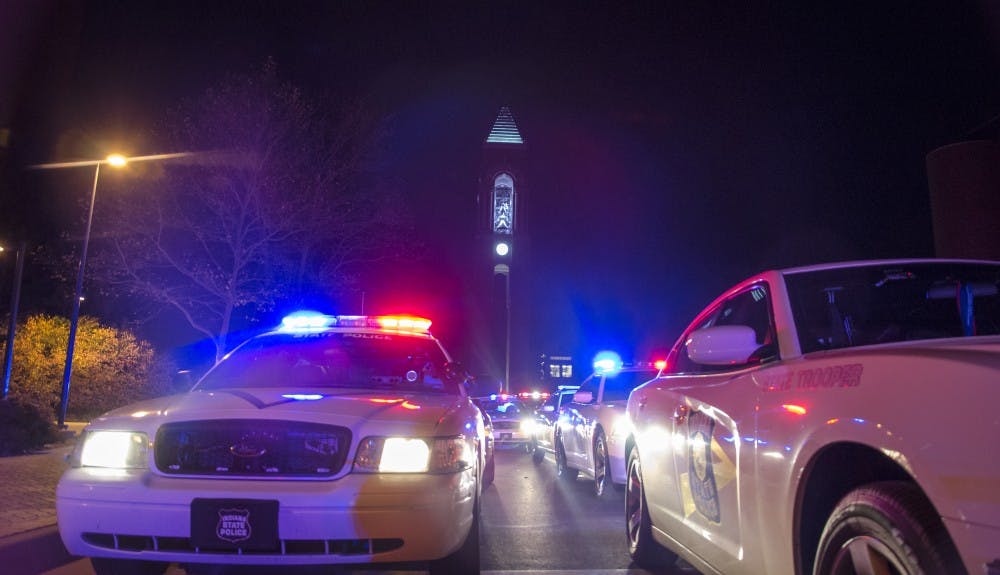A proposed bill could make it impossible for students to report a sexual assault to the university without also reporting to the police.
The Safe Campus Act, which three Republican House representatives proposed in July, amends the Clery Act from 1990.
If passed, it would require a student to report their sexual assault to the police before the university could take any disciplinary action.
“I believe it is imperative that we address a very important issue that is plaguing college campuses across the nation — sexual violence,” Rep. Pete Sessions, one of the three lawmakers, said in a statement. “I believe the process of handling these crimes is best understood by the victim and local law enforcement.”
Sessions did not respond for additional comment, nor did Matt Salmon and Kay Granger, the other two lawmakers who proposed the bill.
Former Senator Trent Lott said in a op-ed in the Washington Post the current way universities investigate sexual assault cases is “broken” and doesn’t serve the needs of the students, schools or public.
“When a perpetrator has been found guilty by the school, the most serious punishment available is expulsion,” he wrote. “But those who commit sexual violence should be prosecuted to the fullest extent of the law.”
Around 20 to 25 percent of college women have experienced a completed or attempted sexual assault during their time at school, according to the National Sexual Violence Resource Center.
Initially, greek organizations supported the bill, but many have recently withdrawn their support of it, including the National Panhellenic Council and the Interfraternity Council.
“Our member organizations and NPC leadership have listened to the groundswell of concern among our members and are refocusing our legislative agenda,” NPC said in a statement. “To that end, NPC is withdrawing its support of the Safe Campus Act.”
Katie Slabaugh, Title IX coordinator, said Ball State already has a smart, student-centered policy when handling sexual assault cases.
But, passing this act could lead to taking away some of the freedom that is imperative to students when they are making the choice whether or not to report their assault.
“Everyone has the opportunity to go to the police [to report their assault],” Slabaugh said. “Do all of them? No. Should everyone have to? In my opinion, no. People have the rights to autonomy, to determine for themselves what feels best to them.”
The act could potentially tie the hands of the university and make it hard for it to carry out its duties as spelled out under Title IX, Slabaugh said.
Likely because part of her job is to deal with students reporting their sexual assaults, she has a sense of how students would feel about having that choice taken away from them.
“That’s why I see the wisdom in our policies and procedures,” she said.
Slabaugh said when students are able to report to the university, they can do it to a “caring community” that has well-established policies and available options.
“This is a point in time in people’s lives unlike any other where they are in a community where just about every resource they could need is literally a few steps outside of their door,” she said. “That’s the advantage of a university service. We are here to help and support students and to understand their challenges.”
Sessions also proposed another bill — the Fair Campus Act — at the same time as the Safe Campus Act, which is similar, but excludes the mandate to report to the police. Both NPC and IFC still support this act.





